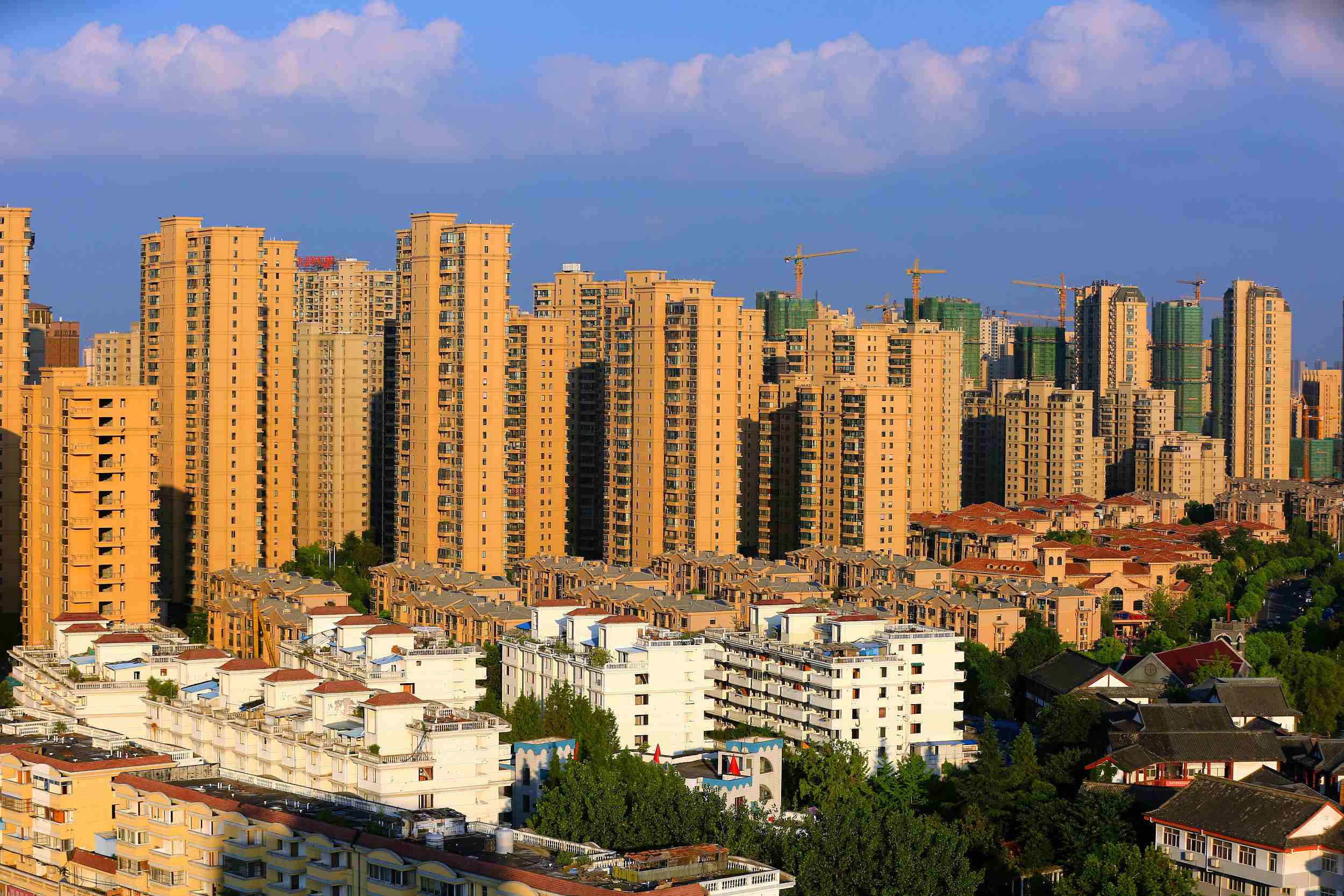
(Photo: CGTN)
Fresh numbers are out to gauge the strength of the Chinese economy in July. Data from China's National Bureau of Statistics (NBS) shows economic activity moderated last month.
China's industrial output expanded six percent year-on-year in July, a growth rate level with that of June.
In the first seven months of the year, industrial output increased 6.6 percent year on year, 0.1 percentage point lower than the January-June period, according to the NBS. On a month-by-month basis, industrial output in July increased 0.48 percent from June.
Industrial output, officially called industrial value added, is used to measure the activity of designated large enterprises with annual turnovers of at least 20 million yuan (about $2.9 million).
Meanwhile, fixed asset investment in July cooled down a little while the private sector recovered due to supply side reforms gathering pace. Fixed asset investment went up 5.5 percent to 35.6 trillion yuan (around $5.17 trillion), down 0.5 percent on an annual basis. Analysts say the drop is largely due to a slump in infrastructure spending, which pulled-back from double-digit growth rates during the same time last year.
“Local governments have tightened regulations over infrastructure projects since the start of this year. The bar has also been raised for some public-private partnership programs, especially in environmental protection standards. This all contributed to the decline in July's data,” said Liu Aihua, spokesperson for the NBS.
Fixed asset investment in the private sector gained 8.8 percent during the period, up 0.4 percentage points compared to the previous month.
Private investment accounts for about 60 percent of overall investment in China. Property development investment expanded 10.2 percent year-on-year for January-July, according to the NBS.
Investment growth had been expected to remain at six percent in the first seven months of the year, in line with the pace in January-June.
Data also shows China's retail sales rose 8.8 percent in July from a year earlier, down from 9.0 percent in June. Some economists attributed the fall to import tax adjustment. They also said shopping festivals by e-commerce companies also caused some short-term data distortions.
In the first seven months of this year, retail sales expanded 9.3 percent year on year to reach 21 trillion yuan (about $3 trillion), compared with 9.4-percent growth in the first half.
Private investment accounts for about 60 percent of overall investment in China. Property development investment expanded 10.2 percent year-on-year for January-July, according to the NBS.
Investment growth had been expected to remain at six percent in the first seven months of the year, in line with the pace in January-June.
Data also shows China's retail sales rose 8.8 percent in July from a year earlier, down from 9.0 percent in June. Some economists attributed the fall to import tax adjustment. They also said shopping festivals by e-commerce companies also caused some short-term data distortions.
In the first seven months of this year, retail sales expanded 9.3 percent year on year to reach 21 trillion yuan (about $3 trillion), compared with 9.4-percent growth in the first half.


